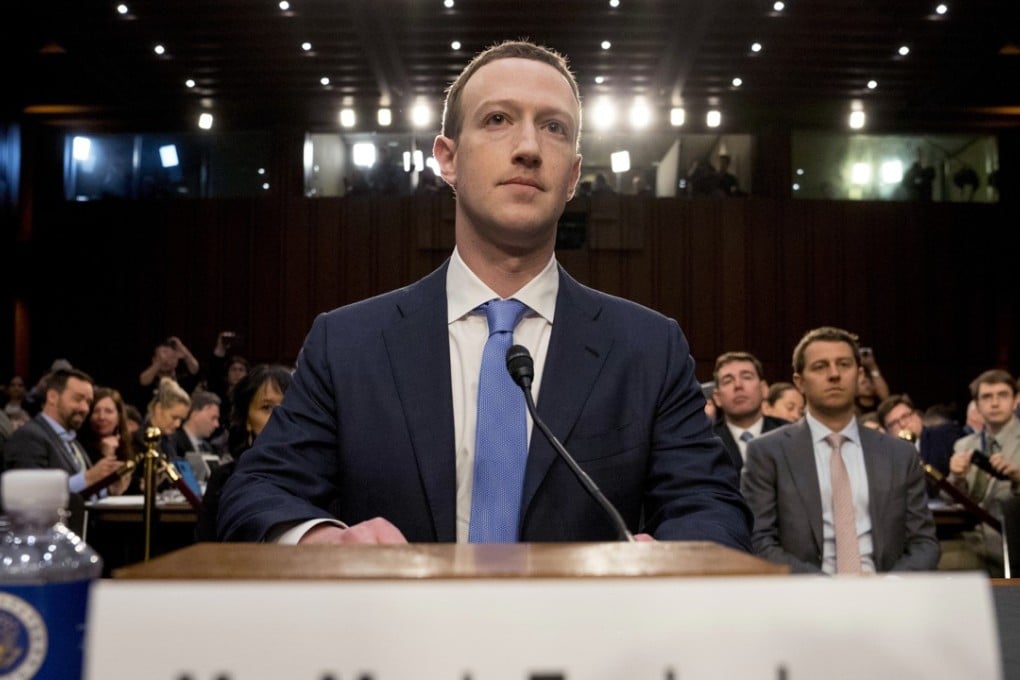Advertisement
Facebook’s Cambridge Analytica scandal puts Indonesia’s tech firms on the spot
Fake news and data breach that affected a million Indonesians have revived Jakarta’s zeal for tightening regulations
Reading Time:4 minutes
Why you can trust SCMP

During the grilling of Facebook co-founder and CEO Mark Zuckerberg by a joint congressional committee in the United States this month, one line of questioning stood out. Republican Senator Lindsey Graham asked the 33-year-old billionaire whether the social media giant he created had an actual competitor.
Zuckerberg – who was in the hot seat regarding revelations that the British political consultancy firm Cambridge Analytica had misused the data of up to 87 million Facebook users – responded by naming tech companies with services that overlap Facebook’s such as Google, Apple, Amazon, Microsoft and Twitter. A truly viable rival – Instagram – was bought by Facebook in 2012 for US$1 billion.

Advertisement
“You don’t think you have a monopoly?” Graham asked. “Ah, it certainly doesn’t feel like that to me” Zuckerberg said, followed by laughter.
The senator then asked whether Facebook should be allowed to continue to self-regulate, and whether Zuckerberg would help lawmakers come up with the necessary regulations for Facebook and its ilk.
Advertisement
“Well senator, my position is not that there should be no regulation … I think the real question as the internet becomes more important in people’s lives, is what is the right regulation, not whether there should be regulation,” Zuckerberg said.
Advertisement
Select Voice
Select Speed
1.00x